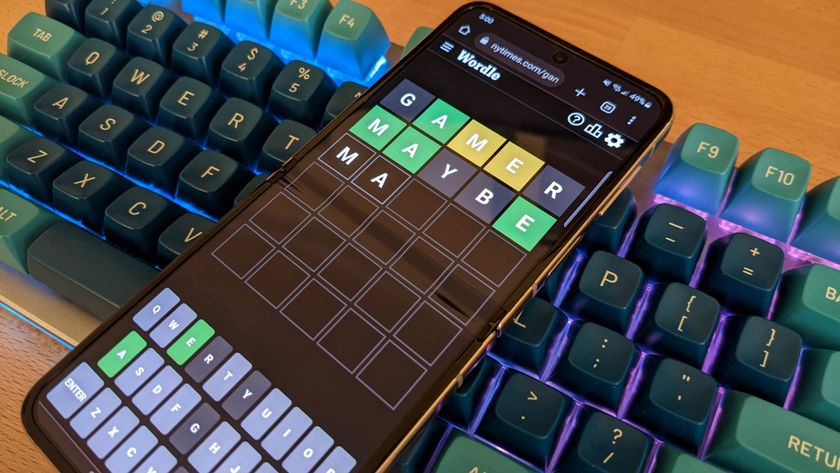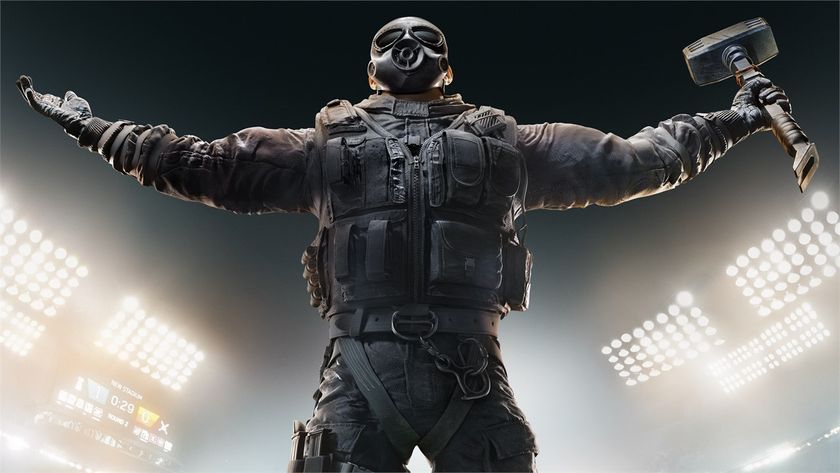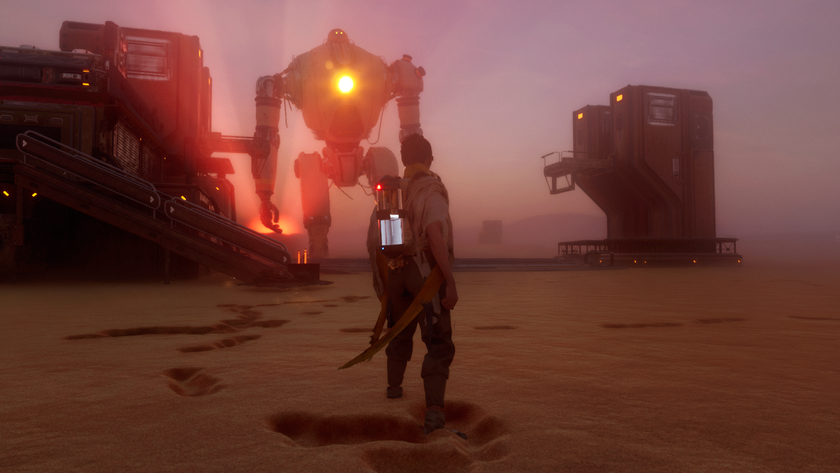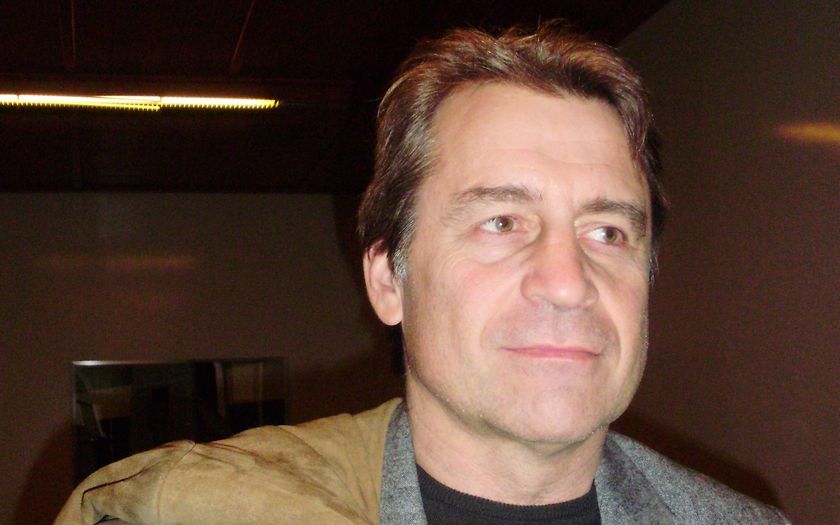A family lied about their six year-old child's Warzone ban to create viral news
And Call of Duty fans blamed it on Activision.
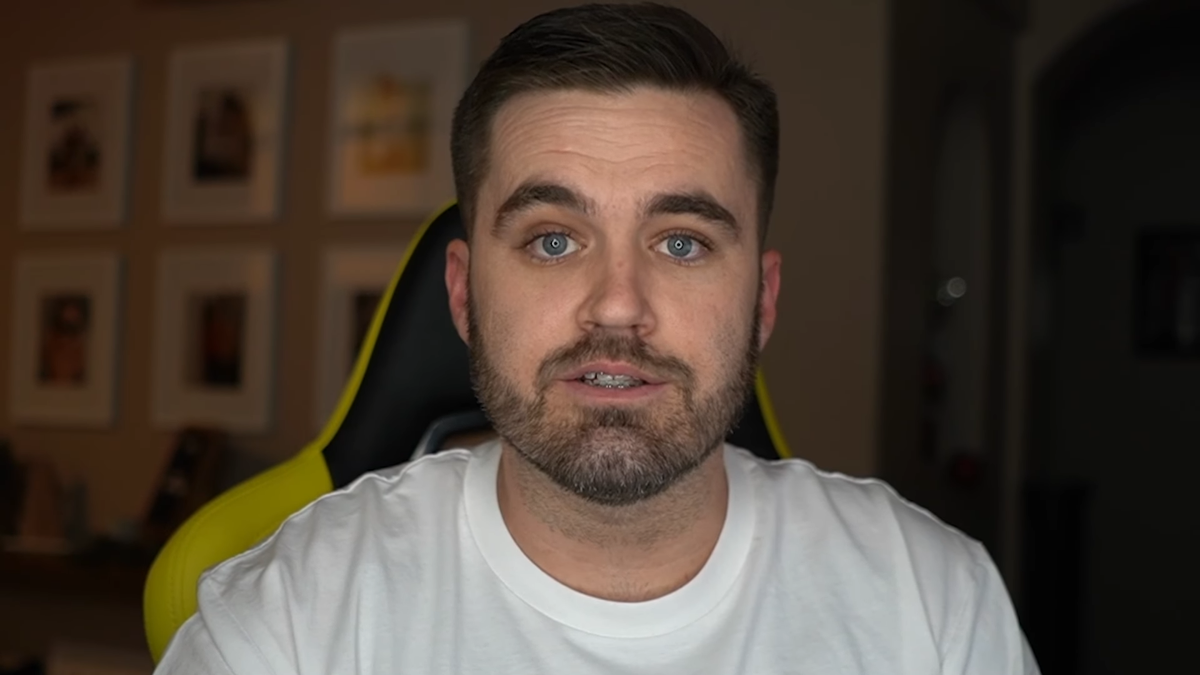
Last week PC Gamer received a tip that RowdyRogan, an extremely young Call of Duty Warzone streamer, had been banned from the game by Activision. Rogan is six years old, but has a following of 95K on Twitch and 132K on Youtube. The below tweet was posted to the boy's account which, as with all aspects of his online presence, is managed by his father, Harry Drew.
As some of you know, Rogan was banned from Warzone on stream tonight. The Team and us are currently trying to handle the situation and will keep you guys updated. Thank you for all the support. #FreeRogan pic.twitter.com/df1B28Fa8RDecember 10, 2020
In the clip, Rogan's account appears to be banned while he's in the menus. He goes to his father, apparently crying, his father mouths his shock and says they'll get the account back, the boy leaves the room, and mum enters to say "shut down the stream."
The clip throws up several red flags: It's taken from this archived stream, which shows that just prior to the 'ban' the stream takes a break before returning. The moment of the ban itself is accompanied by some odd audio cut-outs. The parents are not great actors. Suspecting the video to be faked, we contacted Activision to determine its legitimacy, but did not immediately receive a reply.
At the time some websites covered the ban, from specialist esports site Dexerto to more mainstream outlets like Polygon (subsequently updated), reporting the incident and helping the 'free Rogan' hashtag to trend. This hashtag was filled, somewhat predictably, with Call of Duty fans hurling abuse at Activision for ruining a child's dream and so on. The most widespread speculation was that the ban related to Rogan's age and the game's terms of service.
Except there was no ban, and none of this is anything to do with Activision: PC Gamer can confirm Rogan's account wasn't banned by the publisher. The stunt was cooked-up by Rogan's parents as part of a campaign to get their son on the books of FaZe Clan through something called the FaZe5 competition.
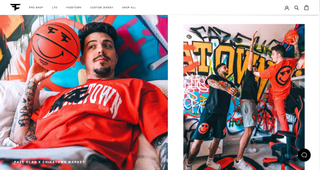
FaZe Clan is a huge esports organisation, but also a huge lifestyle brand. The organisation's website is wholly given over to merch sales, but that's because the personality is dispersed across YouTube, TikTok, Instagram, Twitter and Facebook, delivered by way of endless gaming memes, polls, and bite-sized posts about the clan's personalities.
FaZe has not been without controversy: one player sued over 'oppressive and predatory' contracts; another was permanently banned from Fortnite for cheating. Despite this, FaZe is perceived by its audience as cool, an aspirational brand: it promises young kids that they can be one of these FaZe stars, and the annual FaZe5 competition is essentially the organisation's own version of something like X-Factor. Thousands of entrants compete across rounds with various challenges, with the final five entrants joining FaZe.
The biggest gaming news, reviews and hardware deals
Keep up to date with the most important stories and the best deals, as picked by the PC Gamer team.
The six year-old Rogan had this year reached the final 20. One of the challenges set for the remaining competitors by FaZe was to "try and make content that goes viral."
This is why a young boy's parents made him pretend to cry on-camera, and themselves lied about the incident, then maintained the lie for several days. Over the weekend the following video was posted to RowdyRogan's YouTube channel, in which the parents explain their behaviour.
Rogan's mother had to explain to the kid what a viral video was. "When we explained viral to Rogan, the only way we could explain it was to show him YouTube videos he's seen that have done amazing, that have popped off, we showed him his Swagg clip." That video, titled MEET THE 5 YEAR OLD WARZONE PRODIGY and boasting over two million views, is hosted by FaZe's Swagg.
"As you guys know, Rogan is six years old," says father Harry Drew. "It has been Rogan's dream to make FaZe. I didn't know who FaZe was a year and a half ago. I'm a fan of FaZe now because of how they have treated my son."
Rogan's mother insists that "this was a fun thing for Rogan to do, it was a whole family fun process, it wasn't serious." She goes on to say: "The world isn't ready for young gamers like they are like young sports, young football players, young golfers, anything like that, we're not here yet, that's what we keep hearing, the world's not there. After this went viral and we've saw all the amazing support, the positive far outweighs the negative, so if anything this is telling FaZe, FaZe they are ready, let's do this, the world supports Rogan, and let's open up this gate for young gamers."
It is questionable whether the impressionable CoD fans on Twitter suggest the world is ready for, or wants, child esports stars of this age. It's also notable she suggests that FaZe seems a little uneasy with this push.
Harry Drew ends on an unapologetic note: "I know there are some people that aren't going to be happy when they find out this was a stunt for the FaZe5 challenge" and leaves it at that. He goes on to add that "I also don't want to bring any more negativity towards them, Activision has done nothing wrong." You don't say.
PC Gamer contacted both Harry Drew, and Rogan's manager, but has received no response at the time of publication.
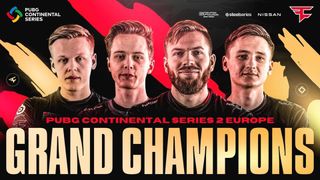
One's instincts might be to question the parents for putting such a young child in this position. But there's also this perverse and public incentive whereby FaZe is dangling the promise of lifestyle and riches, and clearly these parents' heads were turned by the possibilities. FaZe has sent the child gift sets, while several members of the FaZe clan played along with the fake ban, adding credibility. Prominent members of the clan, like FaZe Blaze, retweeted the fake hashtag to his 1.6 million followers.
What the child at the centre of this circus understands about it is anyone's guess.
PC Gamer contacted FaZe Clan about the situation, and asked whether it was appropriate to be incentivising a six year-old in this way.
"This particular challenge was to create content that goes viral," writes FaZe CEO Lee Trink. "What finalists choose to do with these tasks and how they approach each challenge is also being assessed, not just the quantitative results. A broad challenge is more emblematic of what their experience will be like in FaZe since a key goal of ours is to support our talent’s vision of their individual career. The judging process is not mathematical. It’s far more qualitative than quantitative. Our methodology and process is proprietary and not something we share.”
PCG asked if FaZe would be happy to have a six year-old player on its roster.
"One special part of the FaZe5 process is demonstrating that our fans are potentially one to two moves away from actually being in FaZe Clan," writes Trink. "Through FaZe5 we inspire people to look at gaming in an aspirational way, even a potential career path. There are a number of different reasons why we choose to highlight fans in the Top 100 or Top 20."
It sounds like Faze is distancing itself from this. And little wonder.
There's a brilliant but disturbing 2001 documentary called Living Dolls, which goes behind-the-scenes of beauty pageants, interviewing the young children who 'star' in such things as well as their parents and others involved in this industry. One striking thing about it is how much the children are not allowed to be children, but are instead projects for their parents.
The question raised by RowdyRogan is how young is too young. The wider esports industry is growing into its position of responsibility, but retains elements willing to encourage extremely young children as esports prodigies: complete with the online presence and streaming schedule that requires, and the omnipresent need to 'play the game' of virality, media manipulation, and interaction with fans.
It's amazing I haven't spent more time here on how wrong it is that a six year-old is not only playing a Mature-rated game like Warzone but is semi-famous for his skills in it. That's probably because, bad as it is, this is the least screwed-up thing about the situation. When did some CoD fans become so divorced from reality that they pile onto Activision for what they falsely believed to be a ban enforcing the age rating?
Activision was also a victim here, inasmuch as it was smeared by the Drew family, and some are all-too-ready to jump on-board without even thinking about what they're advocating for. They just knew what they were advocating against: Activision itself, a reflection of some wider fear, some sense that we don't own the games we pay for anymore, that it could all be taken away at a moment's notice with an unfair ban. The hashtag was just that day's convenient vessel, and that's why the fake news took: it tapped into real feelings.
All of that pales next to putting such a young child in the centre of this kind of internet mess. This isn't about kids playing games that they shouldn't be. It's about what some people are selling: and in this case it's a fake viral video of a six year-old crying and his parents lying. If that's what these people want to be known for, if that's the kind of front that FaZe respects, by all means: free Rogan. Perhaps some look at that phrase, and see it another way.

Rich is a games journalist with 15 years' experience, beginning his career on Edge magazine before working for a wide range of outlets, including Ars Technica, Eurogamer, GamesRadar+, Gamespot, the Guardian, IGN, the New Statesman, Polygon, and Vice. He was the editor of Kotaku UK, the UK arm of Kotaku, for three years before joining PC Gamer. He is the author of a Brief History of Video Games, a full history of the medium, which the Midwest Book Review described as "[a] must-read for serious minded game historians and curious video game connoisseurs alike."
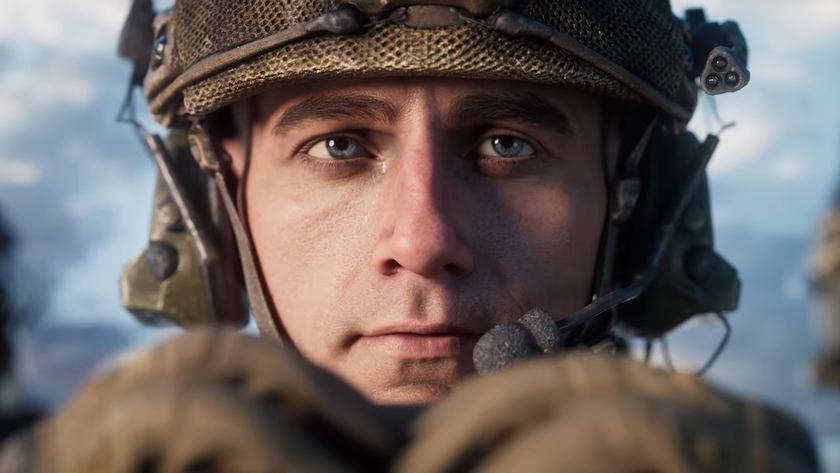
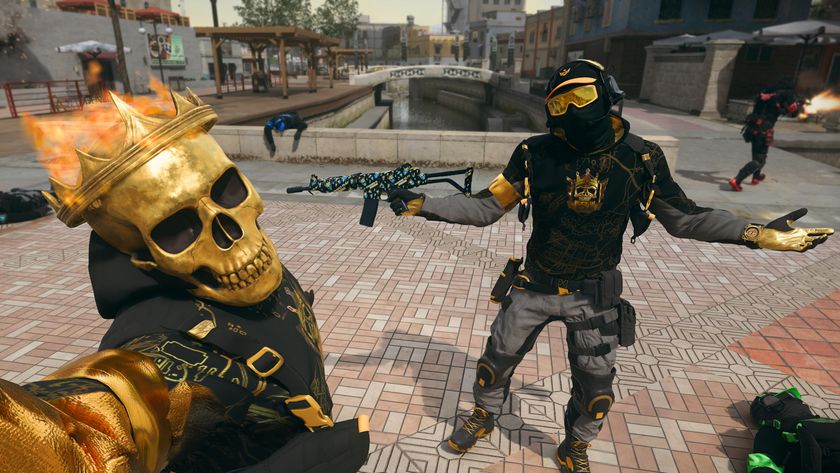
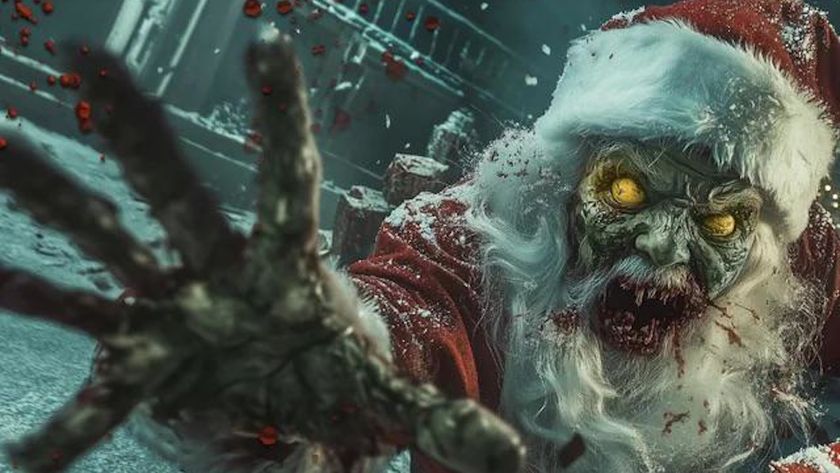
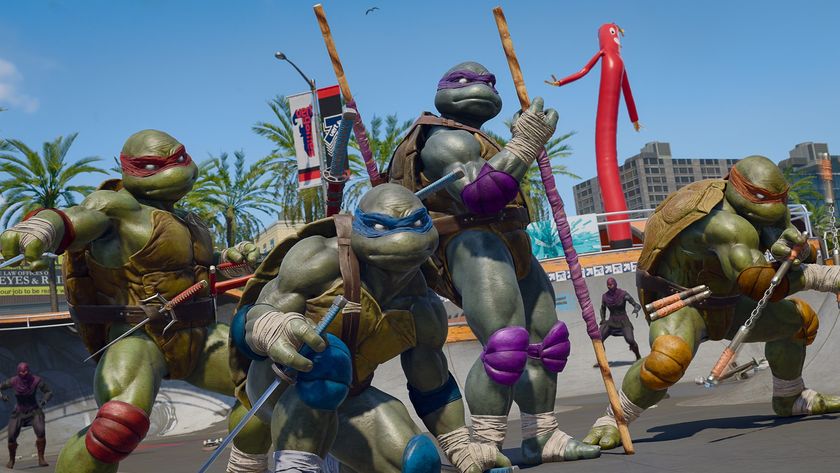
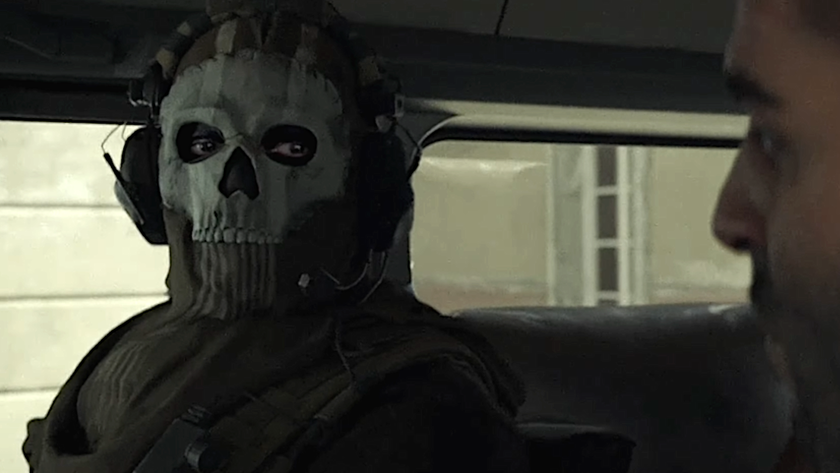

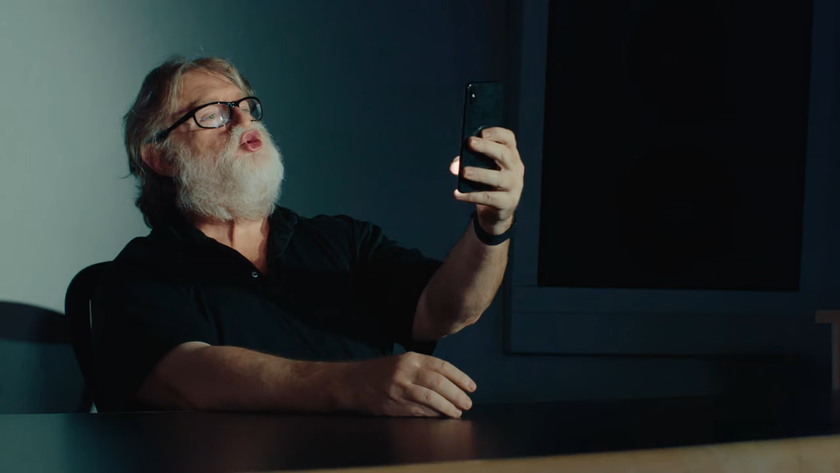
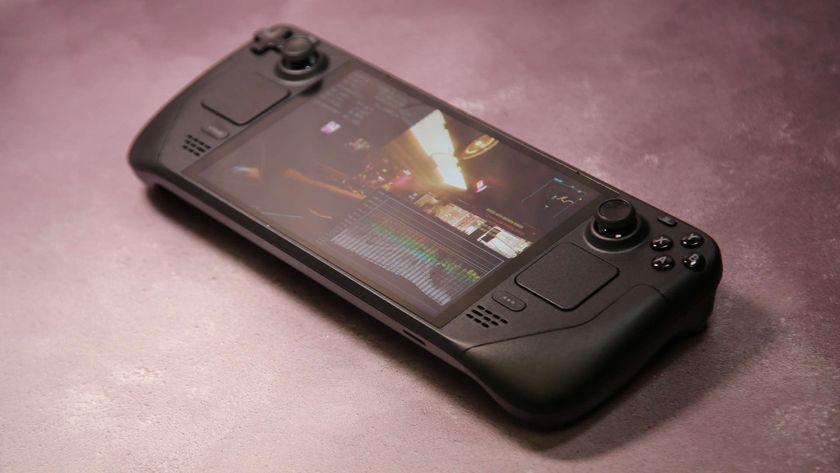
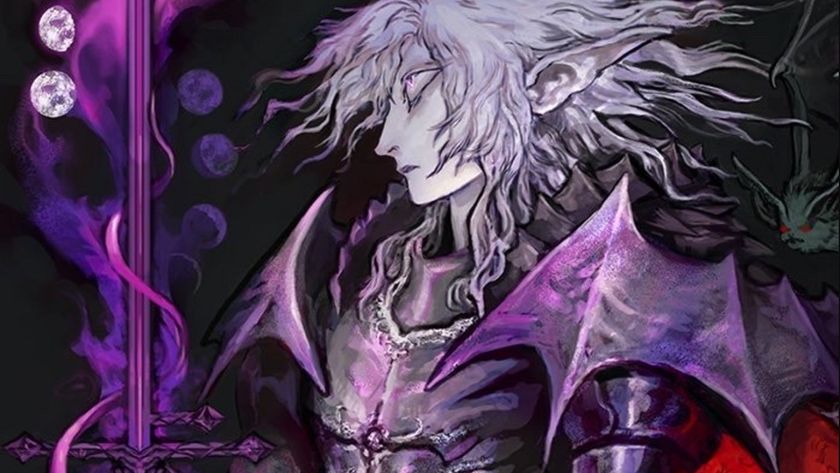
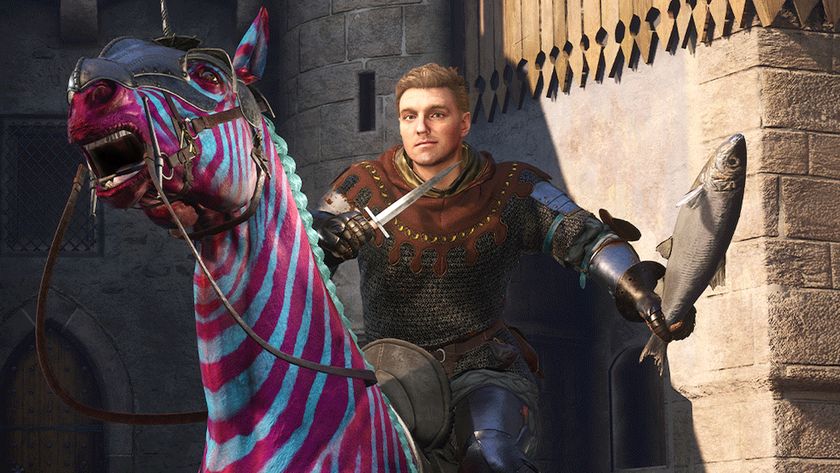
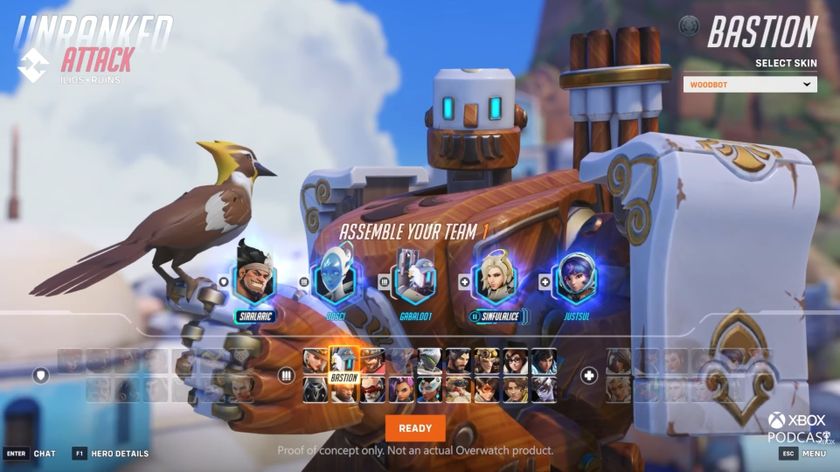
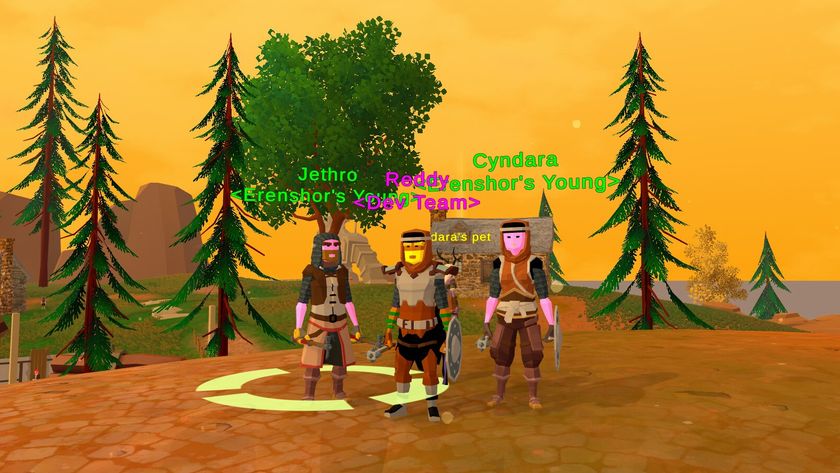

The original Verdansk map is returning to Call of Duty: Warzone, to celebrate which we get a soldier crying to Nat King Cole

Call of Duty: Black Ops 6 Season 3 has been delayed, as the devs say they're 'taking the time to deliver a great experience' for what will be a 'big moment' for Call of Duty
